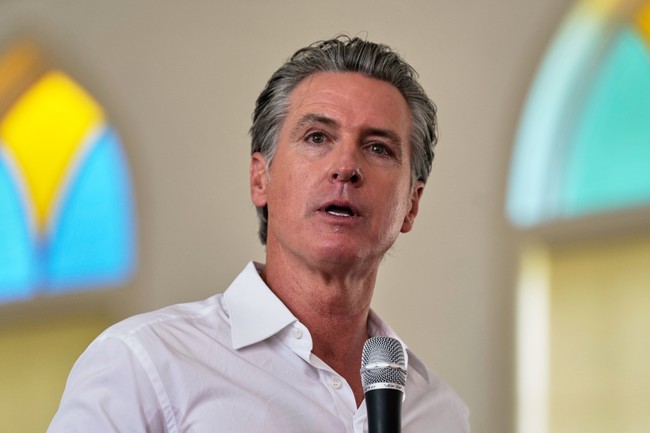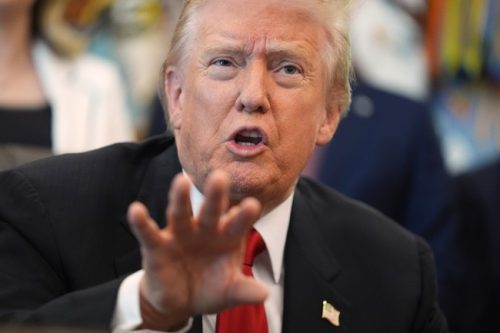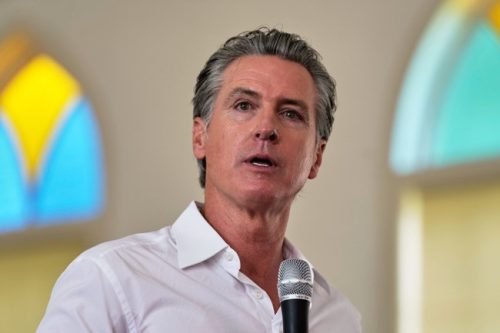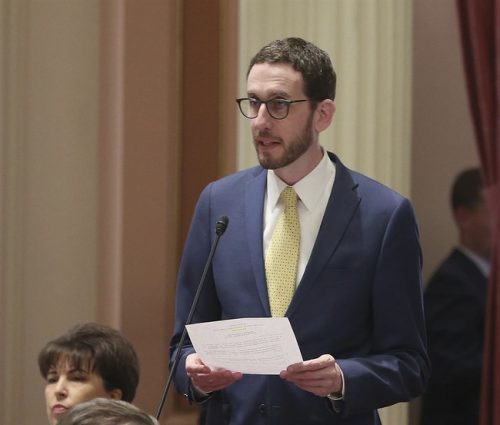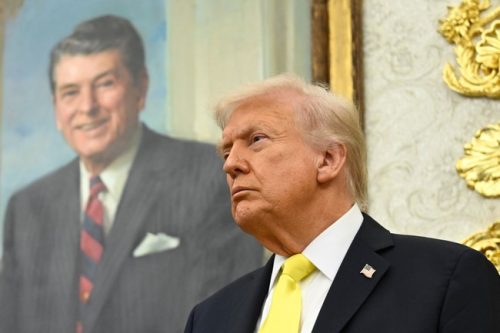Gavin Newsom blasted a small group of Senate Democrats after eight senators joined Republicans to pass a continuing resolution that ended what was called the longest government shutdown in U.S. history, and he framed the vote as a failure of party resolve and a moral lapse that hurt programs like SNAP.
California Governor Gavin Newsom said he was stunned by the decision of eight Senators to side with Republicans and pass a continuing resolution that is set to end the longest government shutdown in U.S. history. He made his comments on Tuesday while speaking to reporters at the COP30 UN Climate Conference in Brazil. The vote pulled funding back into play after weeks of stalemate that left many programs in limbo.
Newsom captured attention with a blunt line that underscored his anger and disbelief, saying, “I’m not coming in to punch anybody in the face,” Newsom said. “But I’m not pleased that, in the face of this invasive species that is Donald Trump, who’s completely changed the rules of the game, that we’re still playing by the old rules of the game. And in my core, I’m stunned.”
The roll call included seven Democratic Senators, mostly from competitive or purple states, and one independent who normally caucuses with Democrats, and many of those lawmakers faced immediate backlash from constituents. One of the clearest real-world effects of the shutdown came in benefits disruptions, including a pause in funding for the Supplemental Nutrition Assistance Program. Nearly 42 million Americans, roughly one in eight, rely on SNAP each month to put food on the table, a stark statistic that highlighted the stakes of the impasse.
Newsom was interviewed by the Associated Press at COP30, where the Trump administration did not send any official delegates, and his presence there overlaps with broader positioning ahead of a 2028 presidential cycle. That context matters to conservatives watching how national Democrats handle both spectacle and substance, and it shaped how the governor framed his criticism. His comments read as both a rebuke of colleagues and a bid to stake out leadership among Democrats.
He returned to that theme with another pointed remark about party discipline and priorities, saying, “I’m really more alarmed than it appears the eight members of my party are in the United States Senate,” Newsom said. “I’m much more alarmed about the future of our country and the world we’re trying to build than they are.”
From a Republican vantage point, the episode reads less like principled courage from those Senators and more like a recognition that playing brinksmanship with people’s paychecks and food assistance carried political costs. Voters in purple states are wary of shutdown theater, and lawmakers who crossed the aisle appear to have calculated the immediate human and electoral consequences. Republicans argued throughout the crisis that ending the shutdown and restoring services was the responsible move for families and frontline workers.
The governor’s language about using the public as pawns echoed through commentary, suggesting Newsom framed the shutdown as a tool to inflict pain for leverage. In the wake of the vote, critics on the right said the Democrats who held firm on shutdown tactics for weeks miscalculated how public patience would run out, while others noted the political theater only amplified distrust in Washington. Either way, the outcome forced federal funding back to the center and underscored the limits of obstruction as a strategy.
There is also a broader intra-party argument under way about where Democrats go from here, and Newsom has positioned himself as a clear anti-Trump alternative within his party. His posture contrasts with other currents inside the Democratic coalition, including factions that are openly more radical on economic and cultural questions. That split leaves Washington Democrats debating whether a confrontational, ideological course or a more pragmatic approach will win back voters in competitive states.
Editor’s Note: After more than 40 days of screwing Americans, a few Dems have finally caved. The Schumer Shutdown was never about principle—just inflicting pain for political points. This editorial perspective reflects how critics summed up the tactical goals and human costs of the shutdown.

